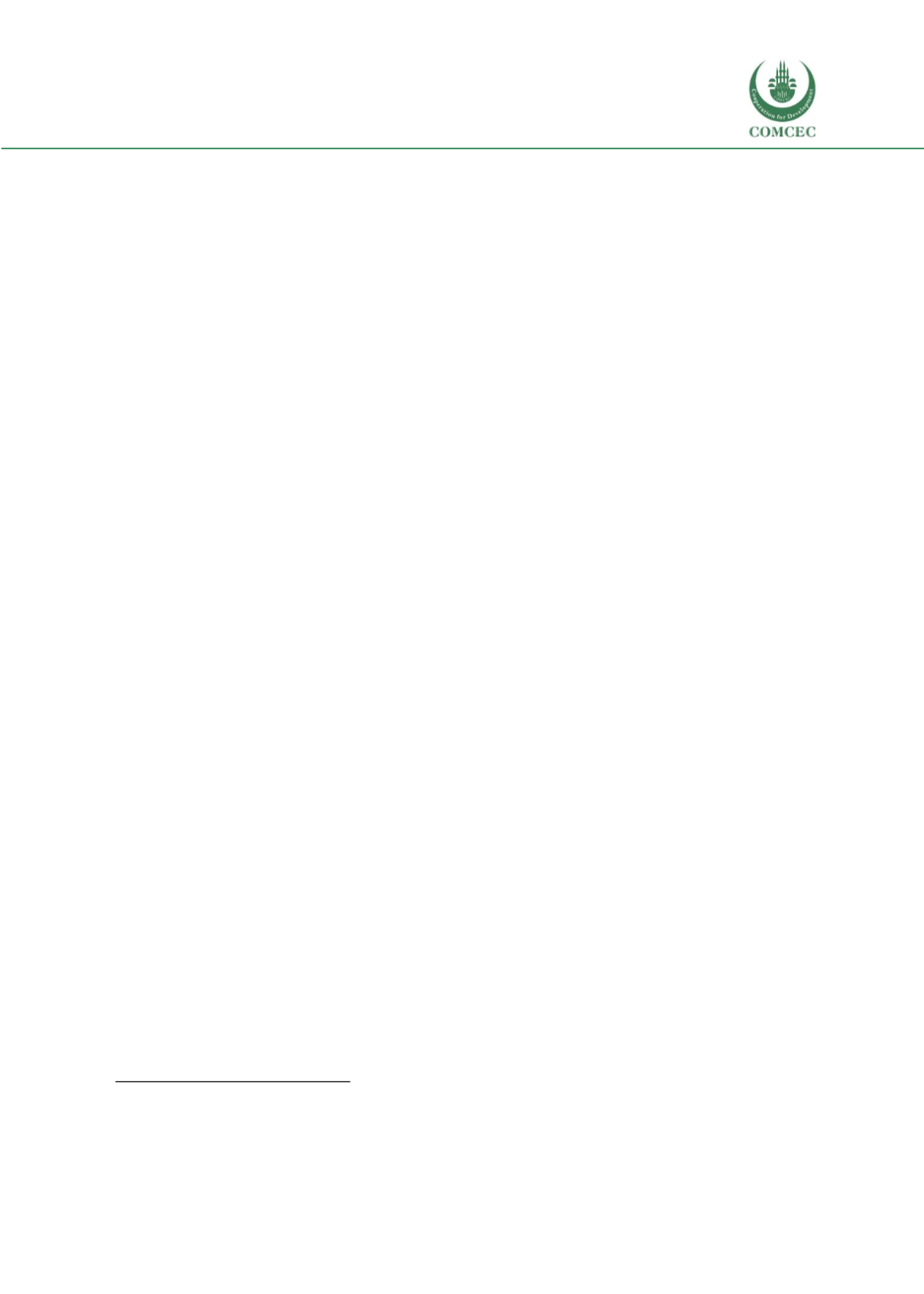

Education of Disadvantaged Children in OIC:
The Key to Escape from Poverty
111
Policies
The MoNE’s 5 year strategic plan is based on three main areas: i) access to education, ii) quality
education, and iii) institutional capacity. When preparing the strategic plan, the MoNE consults
with stakeholders, and also benefits from top policy documents prepared by other government
bodies. The MoNE’s most recent strategic plan was released in 2015 and covers the period until
2019. This document serves as a guideline and identifies strengths and weaknesses of the MoNE
as the main government body responsible for education.
Long term strategic plans
Access to education:
Providing equal opportunities for all children at all levels of education is
one of the main missions of the MoNE as defined in the 2015 – 2019 strategic plan. Strategies and
targets regarding access to school cover topics ranging from enrolments in preschool education
to reducing unexcused absence days in schools. The targets outlined in the document include
increasing the average years of schooling to 9.1 years (which was 7.6 in 2014) and the net
schooling ratio in preschool for children age between 4 and 5 to 70 percent by 2019. Another
target is to reach a rate of 92 percent for children in first grade of primary education who have
received at least one year of pre-school education. Reducing dropout rates from 2014’s 38.2
percent to 27 percent, and rate of absenteeism to 10 percent in primary education and 20 percent
to secondary education are also among the main goals to be achieved.
303
In order to achieve these
targets, policies and programmes regarding i) alternative education delivery models, ii) expanded
financial support mechanisms, iii) more rigorous monitoring mechanisms in terms of detecting
absenteeism, iv) refinement of the school management systems and dialogue between teachers,
parents and schools are being planned in collaboration with different government bodies and
stakeholders.
Quality education:
Improving the quality of education is crucial in ensuring that all children have
access to the broad range of skills and knowledge required in the 21
st
Century. The MoNE aims to
reduce repetition rates and wants to increase students’ academic success. From increasing the
number of books that are recommended to be read by students to increasing the number of
“nutrition friendly schools” and schools with “white flag” certificate, the MoNE aims to improve
quality education. Despite the tendency of the standardised test based system to make students
only focus on academic courses, particularly in later grades, the MoNE also wants to increase the
availability and participation in sports, science, and arts related activities.
A student monitoring and evaluation system is also planned to be implemented by MoNE to
increase the quality of education.
304
In this way, it will be possible to monitor and evaluate student
success from pre-school till the 12th class. In addition, free support and training courses are
303
Ministry of National Education Strategy Development Presidency (2015)
304
This information is obtained from MoNE through formal writing.
















